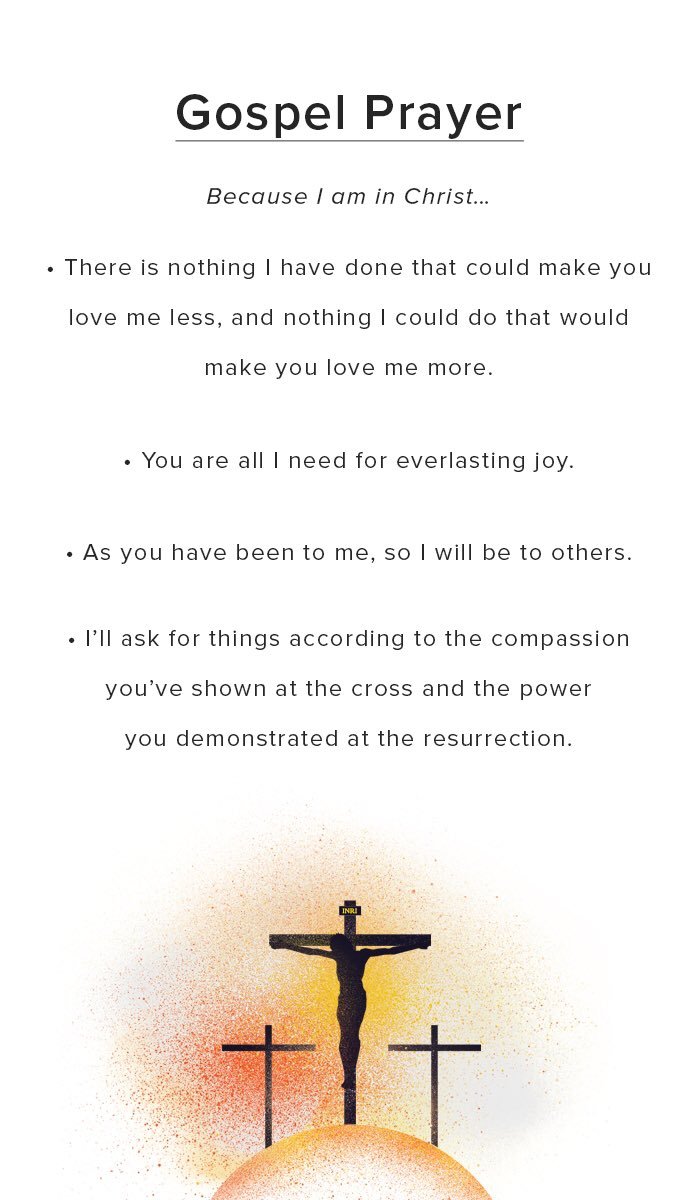Why a Digital Fast?
Through this season of Advent, we are corporately engaging with the practice of fasting. Together, for the 25 days leading up to Christmas, we are challenging ourselves to fast from our digital devices.
Advent is a significant time in the Christian Liturgical calendar. Beginning on the first day of Advent, Sunday 12/01, this is an opportunity for us as a congregation to prepare our hearts and minds as we fix our eyes on Jesus through this fasting practice.
As we abstain from media, this Digital Fast is meant to help us silence the noise and distractions of our digital devices so that we can pursue greater intimacy with Jesus. The result being to get our spirituality into our bodies. Moreover, this fast is meant to reset our nervous system, help us bring greater awareness to how we relate to our digital devices, and see how we can be more present to God and to those around us.
How to participate in this Digital Fast
We encourage our whole community to prayerfully consider participating in one of the two fasting options: a full digital fast or a modified fast. No matter the option chosen, we believe that it will be life-giving through this season.
Option 1: Full Digital Fast
This option involves eliminating screens for personal use and enjoyment and embracing your device purely as a tool for utility. It is important to commit to staying off social media, shopping apps, and any other digital entertainment that distracts you.
Audit smartphone apps. Remove any apps that are distracting, using the question: “Is this distracting (or supposed to distract) or is this something useful?”
Examples of distracting apps include email, social media, news apps, games, video, shopping apps, and browser.
Useful apps could include phone, text, calendar, airline apps, camera, and weather.
Eliminate screens for entertainment and enjoyment. This includes gaming devices, streaming services, cable television, etc.
Limit digital technology to work apps during work hours on work devices. Commit to no work outside of work hours.
Option 2: Modified Digital Fast
In this modified version there is freedom to adjust the parameters of this fast.
Audit smartphone apps. Modifying this could include limiting the days of using certain apps or choosing a select amount of apps. We strongly encourage picking at least a few apps that are distracting and time-consuming to abstain from during this time. Use the question: “Is this distracting or is this something useful?”, and remove any apps that are distracting.
Create a limit for using other digital devices for entertainment. Fast from other entertainment through digital technology (such as TV) for a specific number of days during the week.
Limit digital technology to work apps during work hours on work devices. Commit to no work outside of work hours.
Engaging with the Digital Fast
We are excited about what we will discover during this fast, both individually and communally, during this intentional time to abstain from screens and our various devices. As we engage with this fast, it can be expected that it will be difficult at first. This is a detox of sorts, and it will impact the nervous system.
As we are tempted to grab our phones to scroll on social media, turn on the TV, or check our email, we have some resources to turn to so that we can redirect our attention to Jesus. The season of Advent is unique in the fact that to properly engage in the practice of fasting, one will have to incorporate the other practices of prayer, scripture reading, and generosity.
Prayer
Recite this prayer in moments where the practice of fasting proves difficult.
Redirect my wandering attention to You, God, even in my distraction and discomfort. Usher me into the peace of Your presence, to be truly known, fed, and satisfied. Heavenly Father, as I disconnect from my device, help me to reconnect with the people in my life.
In these quiet moments away from the world’s noise, Lord, I seek Your presence. As I draw nearer, let Your love and wisdom fill my heart, guiding my thoughts, words, and actions. In this renewal, help me to see Your hand in all things and to walk more closely with You each day.
Lord, I confess my need for distraction, entertainment, and my tendency to avoid my feelings, and even You. Jesus, be with me in this moment, and strengthen my spirit, so I may stay present with You. You alone truly satisfy my soul.
Help me, Lord, as I feel the need for distraction found on my phone and social media. Anxiety, fear, and busyness rob me of my true identity and the peace that comes from You alone. Help me turn my attention to You, Lord, to satisfy my desires.
Everyday Gospel Advent Devotional
Turn to scripture throughout this season of Advent. Our Everyday Gospel Christmas Devotional is a twenty-five-day Bible reading plan. As you read each of these Christmas entries, remember that the Bible is a story with a singular focus: to celebrate Jesus. Nothing could be more important this December than spending daily time in the Word, and rejoicing that the Word became flesh and made his dwelling among us (John 1:14). He is our hope and the reason for this Advent season!
CHRISTMAS gENEROSITY
When reaching for the phone or tablet, count the cost, and consider generosity.
In addition to fasting, another way to engage in Advent is through generosity. We are also practicing Generosity during the season of Advent in order to not just focus on self-denial (an inward practice), but also to show love to our neighbors and tangibly care for them (an outward practice).
This year, our Christmas Missions Offering supports a local church plant here in Portland in an under-resourced community, an international missionary family in Turkey, and global church planting amongst unreached people groups. Our goal as a church is $2400.
Consider what it looks like to both withhold (fast) and give generously through these next twenty-five days.
To participate in our Christmas Missions Offering, donate to the Christmas Missions Offering fund.
How to Prepare
In preparation for Advent, browse through these best practices. These are here to aid in planning for how best to engage with the Digital Fast. Here are some things to consider:
Find a few people who are also fasting and establish a regular check-in rhythm for the month and questions to ask one another regularly.
Keep this question in mind while participating: What do I want to learn about myself and God in the next twenty-five days?
Change the settings on your phone to greyscale. It will make the phone less visually enticing.
Turn off notifications on your phone.
Consider getting an alarm clock instead of using your phone to wake up.
Talk with your work teams and supervisor about your hope to disengage from work and technology during non-working hours.
An alternative option to auditing your smartphone is switching to a simple, utility oriented phone like a Light Phone.
Check out the resources below for more recommended reading around fasting.
Resources
Below is a helpful resource meant to aid and encourage in the fasting journey:
Darren Whitehead, Digital Detox. Our Digital Fast is adapted from this book. We encourage you to learn more through this great resource.
*The above was primarily provided from Reality Church in San Francisco.






